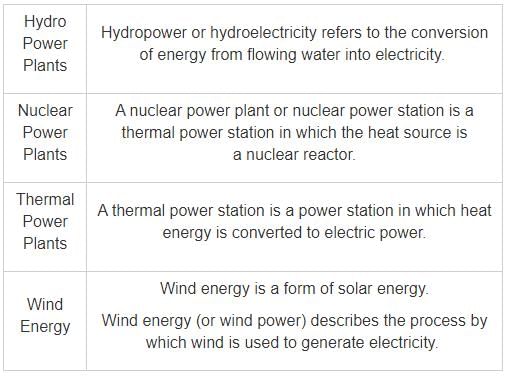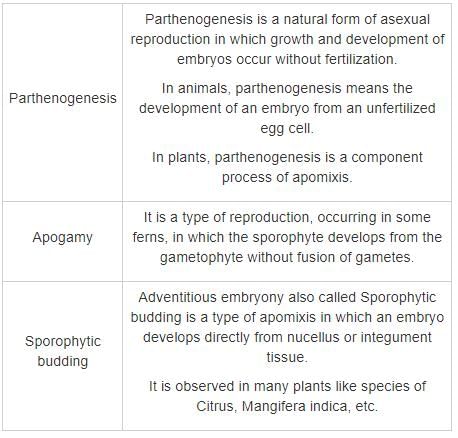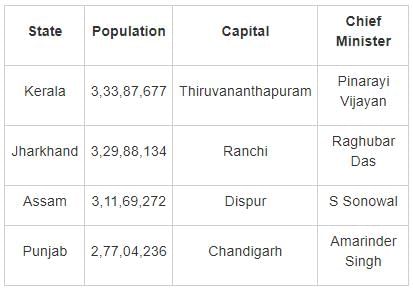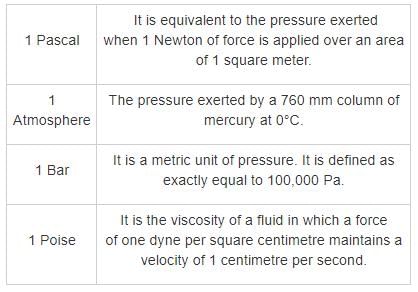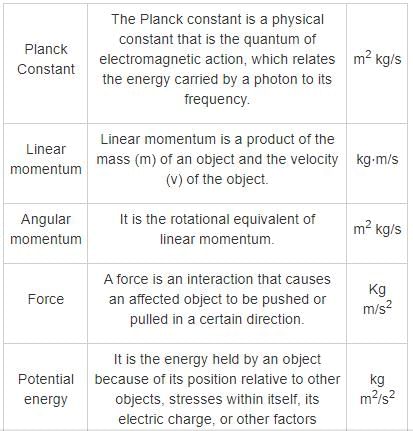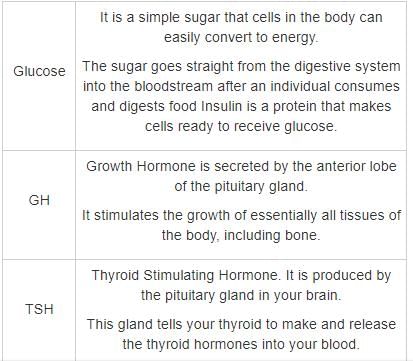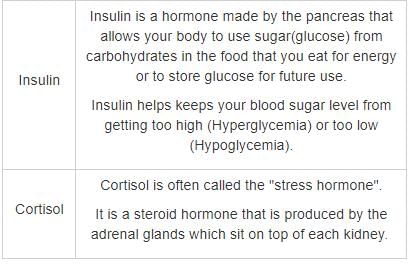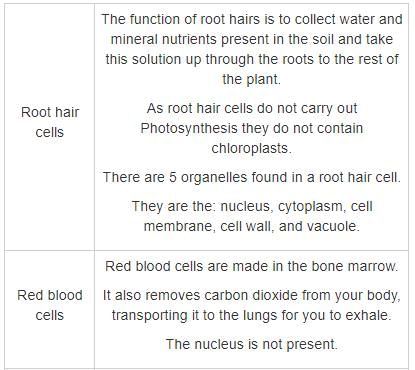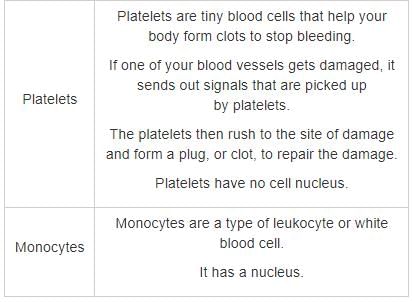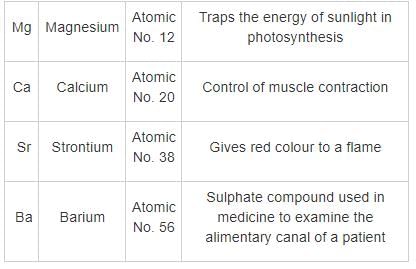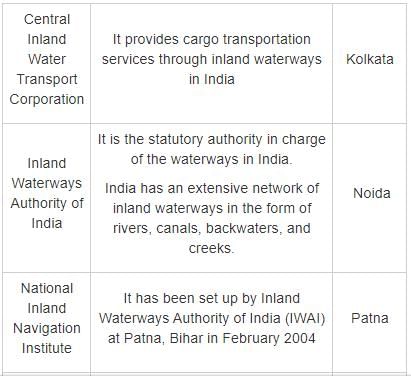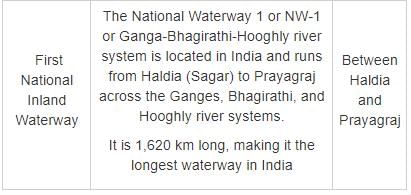CDS II - General Knowledge Previous Year Question Paper 2016 - CDS MCQ
30 Questions MCQ Test CDS (Combined Defence Services) Previous Years Papers - CDS II - General Knowledge Previous Year Question Paper 2016
Which one of the following gases is released mostly from landfills in urban areas?
Which one of the following is most sensitive to environmental change?
| 1 Crore+ students have signed up on EduRev. Have you? Download the App |
Which one of the following is the largest source of electricity in India?
Which of the following cells are destroyed by the HIV virus which results in the weakening of the immunity of a person?
Which one of the following air pollutants combine with the haemoglobin of human blood and reduces its oxygen-carrying capacity, leading to suffocation and may cause even death?
An irregular mode of reproduction resulting in the development of an embryo without fertilization is called
1. Parthenogenesis
2. Apogamy
3. Sporophytic Budding
Select the correct answer using the code given below.
Which one of the following is not an allotrope of carbon?
In paper manufacturing, degumming of the raw material is done using
Dolomite powder is applied in some agricultural lands. The purpose of applying it is to
Deficiency of fluoride leads to which one of the following health problems?
Excessive use of which of the following fertilizers may be responsible for the presence of a toxic substance in groundwater?
Which one of the following elements does not form solid hydrogen carbonate?
According to Census 2011, which one of the following is the correct sequence of stages in decreasing order of their total size of the population?
With reference to earthquakes, which of the following statements are correct?
1. Earthquakes largely occur along the converging plate boundaries.
2. Point of origin of the earthquake in the lithosphere is known as focus/Hypocentre.
3. The intensity of the earthquake decreases with distance from the epicentre.
4. The epicentre of the earthquake always remains over continents only.
Select the correct answer using the code given below.
Which of the following pairs of Indian State and tribal population are correct?
1. Madhya Pradesh: Largest tribal population
2. Mizoram: Highest percentage of the tribal population out of the total population of the State
3. Chhattisgarh: Second largest tribal population after Madhya Pradesh
4. Arunachal Pradesh: Second highest percentage of the tribal population out of the total population of the state after Mizoram
Select the correct answer using the code given below.
The spring constant of a spring depends on its
In the gamma decay of a nucleus
In a bipolar junction transistor
The pressure exerted by a 760 mm column of mercury at 0 °C is known as
Which one of the following physical quantities have the same dimensions as that of Planck’s constant h?
Which one of the following statements is not correct?
Which one of the following hormones is essential for the uptake of glucose by cells in the human body?
Which of the following cells do not contain a nucleus?
1. Root hair cells
2. Red blood cells
3. Platelets
4. Monocytes
Select the correct answer using the code given below.
Biological catalysts are protein molecules which
1. speed up a chemical reaction.
2. remain unchanged after the reaction.
3. function optimally at 37°C.
4. do not have enzymatic activity.
Select the correct answer using the code given below.
‘Altitude sickness’ is caused at high altitude due to
Match List-I and List-II and select the correct answer using the code given below the Lists:
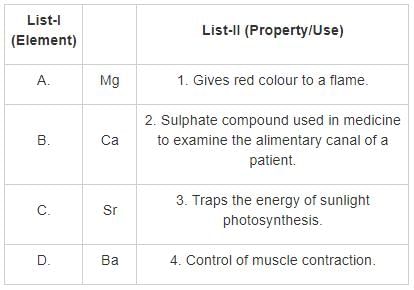
Which one of the following statements is correct?
In case of a standard hydrogen electrode
The elemental composition of an adult human body by mass is
With regard to water transportation in India, which of the following statements are correct?
1. Headquarters of Central Inland Water Transport Corporation is located at Delhi.
2. Headquarters of Inland Waterways Authority of India is located at Noida.
3. National Inland Navigation Institute is located at Kolkata.
4. First National Inland Waterway was between Haldia and Allahabad.
Select the correct answer using the code given below.
|
56 docs|18 tests
|
|
56 docs|18 tests
|


